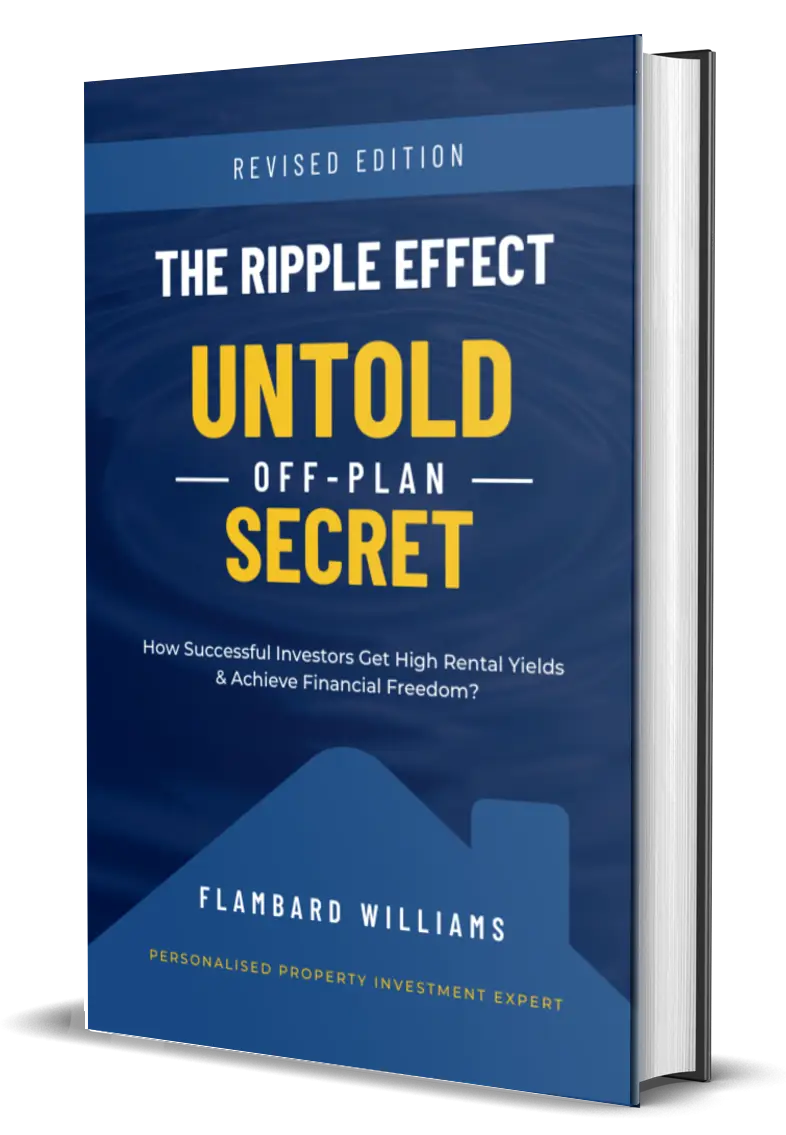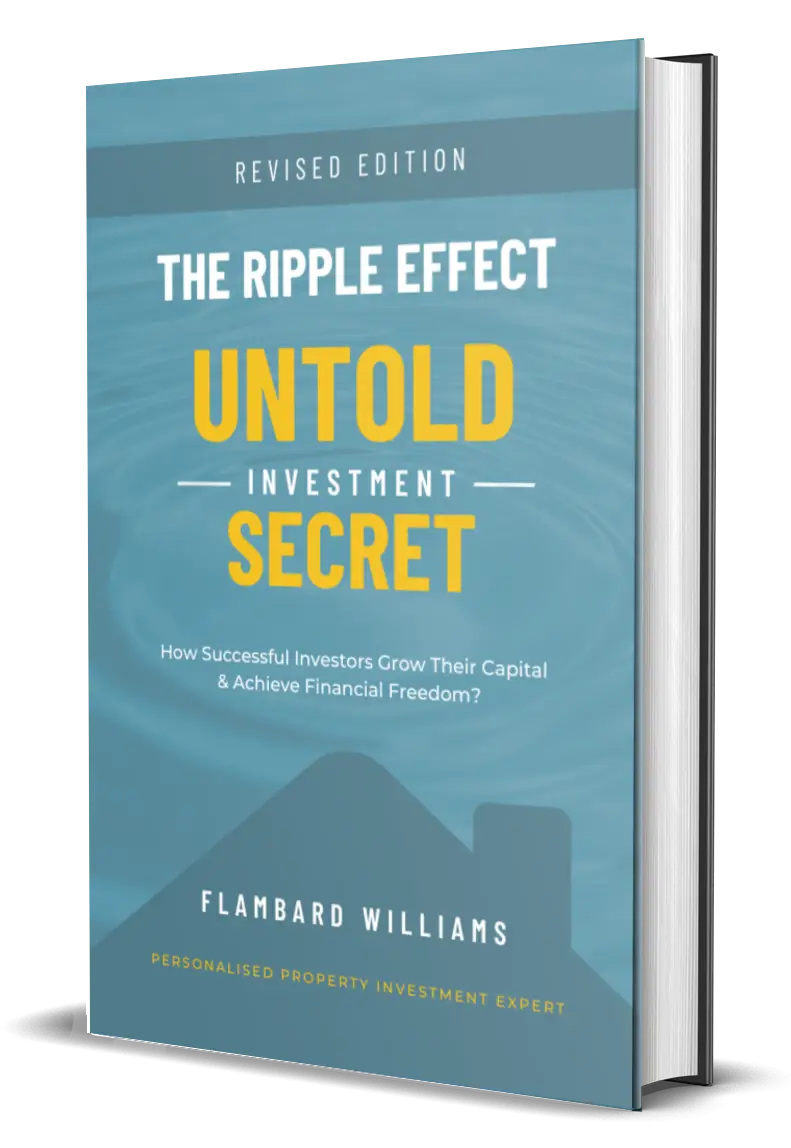So as we know inflation has reared its head in recent months.
At the start of 2021 inflation was at 0.7%, it ended the year at 5.4% which is a huge jump.
However, as with any stats we have to look behind the numbers to work out how we got here.
We first have to ask ourselves is inflation bad? Well, that depends, if inflation is running so high and higher than wage increases the reality is our everyday lives become more expensive leaving less money in our pockets. Our buying power decreases.
However a little inflation is good, we want prices to increase along with wages or we will have deflation or worse still, stagflation.
So let’s take a look at what has caused this inflation and what the remedies are.
Lack of Cheap Labor
We know that Brexit has caused a number of low-skilled workers to return home across the EU. This was then accelerated by COVID as individuals wanted to return home to their families.
In turn, the jobs that the traditional UK workforce didn’t want due to low wages had to still be done so the only way was to increase wages in these sectors.
We also saw a shortage of lorry drivers which again meant that the wages had to be increased in this sector to attract employees. Now, where did these come from, well these came from bus drivers as the pay was suddenly much higher so now local councils need to recruit bus drivers and so the process goes on.
Supply Issues
This was one of the main causes of global inflation. Due to COVID factories across the world closed down. Goods coming out of these factories suddenly dried up and only when they started to re-open did the supply lines get back up to speed.
However, after lockdown buyers had a surplus of funds so the demand for these products was high but supply low, so what did manufacturers do? Well, they put up prices as they knew they could get them. This was then passed on to the end consumer (us) and our cost of living (inflation) increases.
Energy Prices
Not only do energy prices affect us on a day-to-day level, but it is also the hidden cost of increased energy prices that really impact inflation.
Let’s head back to the goods that come out of China for example. Well if the cost to make these goods increases due to higher energy prices this will increase the price they have to sell for.
The cost of CO2 (dry ice) also increased due to a shortage again driving up prices.
Transportation costs increased.
Factor all of the above into the equation and you can see why food and other products have increased dramatically.
Individuals Had More Buying Power
During the lockdowns and WFH periods of the last 2 years, we have seen a number of individuals actually have more money in their pockets than before.
With businesses able to take advantage of bounce-back loans, government grants, and the furlough scheme they have not had to make too many changes to their workforce. The workforce has then not had to pay travel costs, saved on lunches, meals out, holidays, etc. All of this has meant in real terms they have had more disposable income.
More disposable income means they can now buy more goods which in turn speeds up the inflation cycle.
There are a number of other factors but these are the main issues we have seen.
So what is the solution? Well, I personally don’t feel that raising the interest rate is going to have any kind of dent at all. The reality is to make a dent you have to increase to over 4% and that is simply not going to happen as there has to be a balancing act between stimulating the economy and stopping it from overheating.
Traditional Lettings
Why Do They Increase Rates?
Mindset is the main thing. I can assure you that all of you have thought in your mind at some point ‘how are the increases in rates going to affect me’, and that is the main point.
If they can create an element of doubt when making certain purchases then the economy can cool slightly and bring things back in line.
The reality is an extra 0.4% on your mortgage is likely to have very little effect on your daily outgoings, therefore, in reality, this has done nothing to take money out of your pocket.
Another factor we have to look at, are that the reasons above we have discussed are not going to be solved by rising interest rates, however, the Bank of England needs to be seen to be doing something, not just sitting back and letting things ride.
I feel that come the summer when we are less dependent on gas and electricity as it’s warmer and we spend more time outdoors then we will see the inflation fall slightly.
Oh and don’t forget the Bank of England will take full credit for it.
Short Term Lets
How Will This Affect Mortgage Rates and The Cost of Property?
Typically the increase in the rates will be passed onto borrowers from the mortgage lenders. This in turn dampens the appetite for property as it is seen as something that is more expensive to get into.
We saw this in the late 1980s and 2008/2009. However, this time around things are different.
First and foremost demand is so much stronger than it was then. Secondly, I don’t feel the BoE can increase them enough to make a dent.
Also with the cost of materials increasing the housebuilders has to put the cost of new homes up therefore the value of property will keep increasing.
Overall, I feel that before you buy you should think about what mortgage rates are for a fixed 5-year mortgage, this way you will know what you are paying for the next 5 years.
Secondly, you should stress test yourself to say that if after the 5 years the cost of borrowing increases, how much could you stand. So increase your mortgage rate by 0.5%, then 1%, etc until the investment does not work anymore. At this point, you can work out if the property market is right for you.
Flambard Williams YouTube Channel
Subscribe to our YouTube channel for more property content and also be the first to know when our new videos are released.
























 Exclusive Property Launch Invitations
Exclusive Property Launch Invitations Customised Market Reports
Customised Market Reports Exclusive Access to Off-Market Properties
Exclusive Access to Off-Market Properties Networking Events
Networking Events





